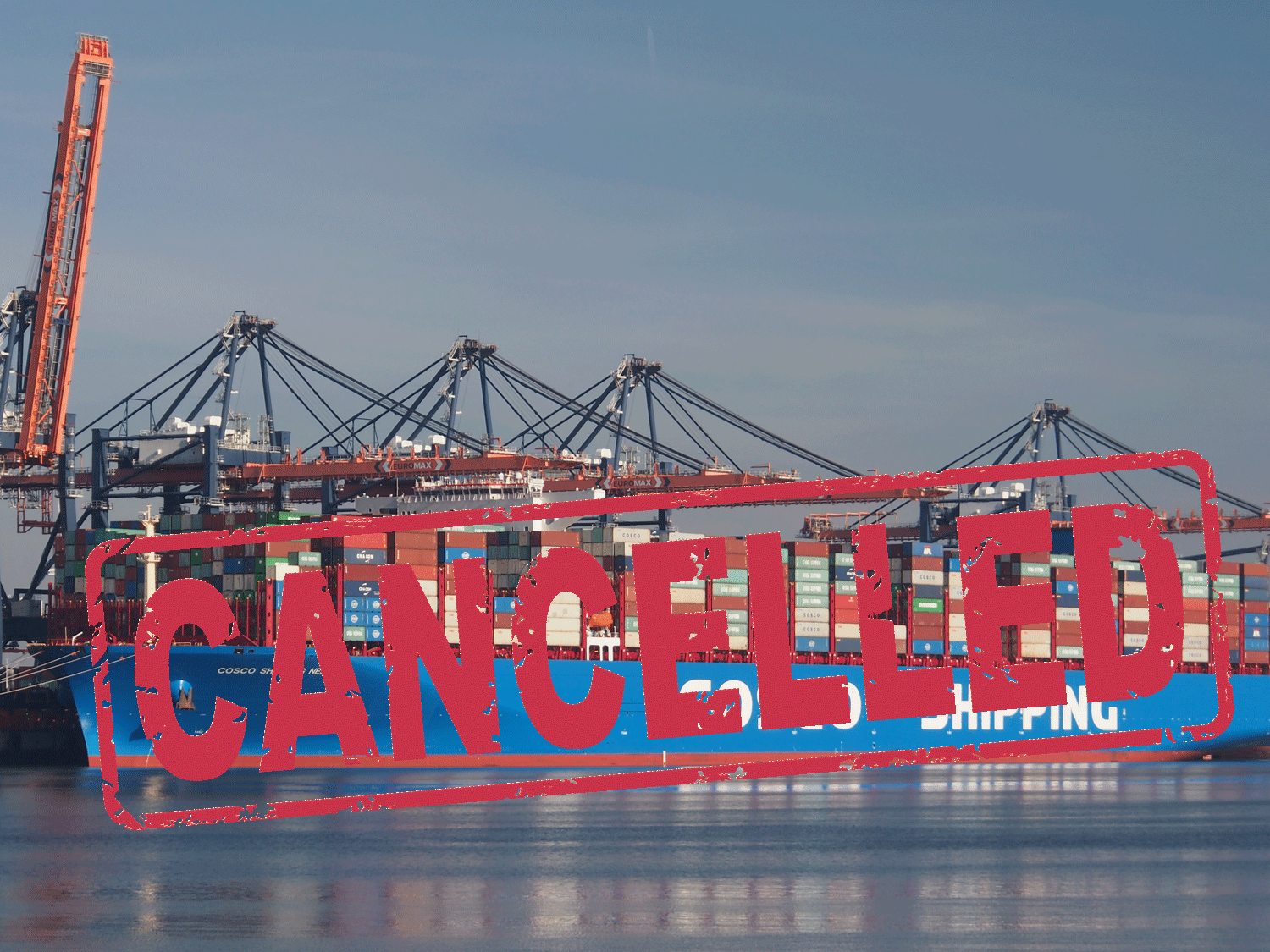Global businesses must prepare for a fundamental overhaul of their supply chains, as the cumulative impact of geopolitical tension, climate volatility, cost inflation and sourcing risk reshapes the logistics landscape.
According to a recent survey by the Boston Consulting Group (BCG), 87% of leading global companies are planning to restructure their global supply chains. Over half have already suffered serious procurement cost increases, with more than one in five citing disruption from climate-related events such as wildfires and flooding.
In addition to economic uncertainty and climate-related disruption, businesses are contending with fractured supplier networks, unstable trade relationships, and growing geopolitical risk. Ongoing conflict in Europe, heightened tensions between global powers, and renewed unrest in the Middle East are all adding urgency.
The Challenges BCG Identified:
- 57% of firms have suffered supply shortages
- 55% are being hit hard by procurement cost inflation
- 33% see energy prices as a major threat
- 23% have experienced disruption from climate events
- 20% cite global geopolitical tensions as a business risk
Fragmented supplier networks and over-reliance on vulnerable sourcing channels are being exposed, yet fewer than half of companies are using digital tools to spot weaknesses or manage risk proactively. While many are now diversifying suppliers, near-shoring and conducting more frequent evaluations, most remain trapped in reactive decision-making.
Although 40% of businesses now carry out regular supplier assessments and 36% have adopted dual or multi-sourcing strategies, the majority still operate reactively. Only 45% are using digital tools to anticipate and address supply chain vulnerabilities before they escalate. The result is a growing gap between firms that can adapt, and those that can only respond.
From Restructuring to Resilience
The shift is clear: supply chains need to be more agile, digitally enabled, and less geographically dependent. But this transformation doesn’t happen through strategy alone. It requires digital processes, and partners built to handle change.
That’s where Metro’s supply chain control platform, MVT, provides a distinct advantage. Developed to unify procurement, freight, fulfilment and inventory management, MVT transforms fragmented operations into a connected, insight-driven system—giving businesses the visibility and control needed to stay ahead of disruption.
Whether you’re managing multi-country supplier networks, tracking shipment milestones in real time, or integrating with your ERP and sales platforms, MVT enables data-backed decisions at every stage. It’s more than visibility—it’s the backbone for scalable, resilient logistics.
With Metro’s global reach, sector expertise, and fully integrated services across freight, customs, warehousing and fulfilment, we help customers re-engineer supply chains that are responsive, cost-efficient, and future-ready.
Unlock the power of connected logistics
Disruption may be constant—but with the right digital tools and operational model, your supply chain doesn’t have to be vulnerable.
EMAIL our managing director, Andrew Smith, to learn how MVT can give you total control of your supply chain.





